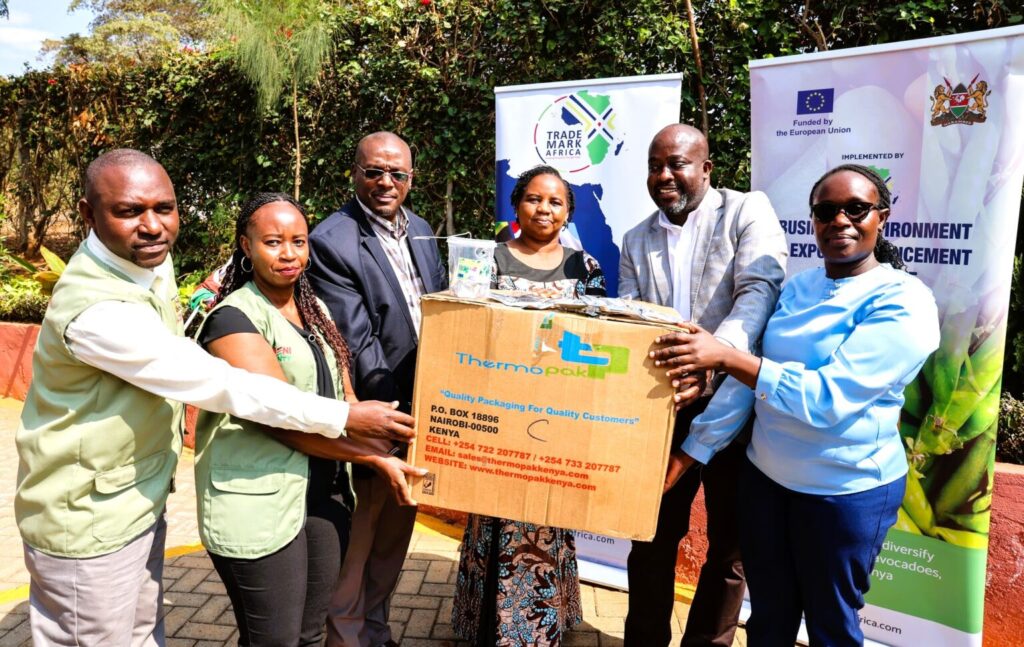Mango farmers in Makueni County have received a timely intervention in their battle against fruit fly infestation with the distribution of 15,000 pheromone traps. The initiative is expected to significantly reduce pest-related losses, enhance mango quality, and improve the overall incomes of local farmers.
The traps work by using pheromones to lure fruit flies into a chamber that contains a biopesticide, where they are eliminated. This approach provides an environmentally friendly and sustainable alternative to heavy pesticide use, which often poses health risks to consumers and degrades the environment.
According to county officials, the delivery of the traps comes at the peak of the mango harvesting season, a period when farmers are most vulnerable to pest attacks. By targeting the fruit fly menace at this critical stage, the intervention will help farmers preserve more of their harvest for both local consumption and export markets.
Fruit flies have long been a major challenge for mango growers in the region. They cause significant damage to fruits, often making them unsuitable for sale and leading to heavy economic losses. The new traps offer a practical solution, reducing the reliance on chemical pesticides while also lowering production costs for farmers.
The county leadership emphasized that this effort aligns with ongoing strategies to boost agricultural productivity, create job opportunities, and ensure food security. By supporting farmers with sustainable pest control methods, the county aims to strengthen Makueni’s position as one of Kenya’s leading mango-producing areas.
Beyond pest control, the program is expected to create ripple effects across the agricultural value chain. Improved mango quality and higher yields will enhance market competitiveness, open up more opportunities for local processors, and increase access to regional and international markets.
With the introduction of the fruit fly traps, Makueni farmers now have a safer and more effective tool to protect their crops. The move is set to transform mango farming in the county, offering a model that can be replicated in other regions facing similar pest challenges.

